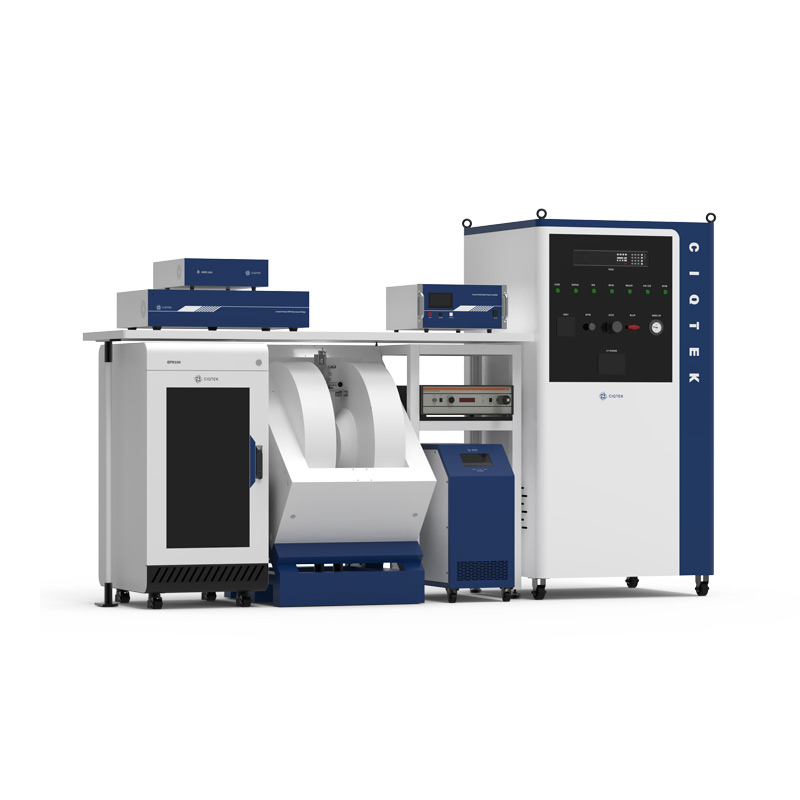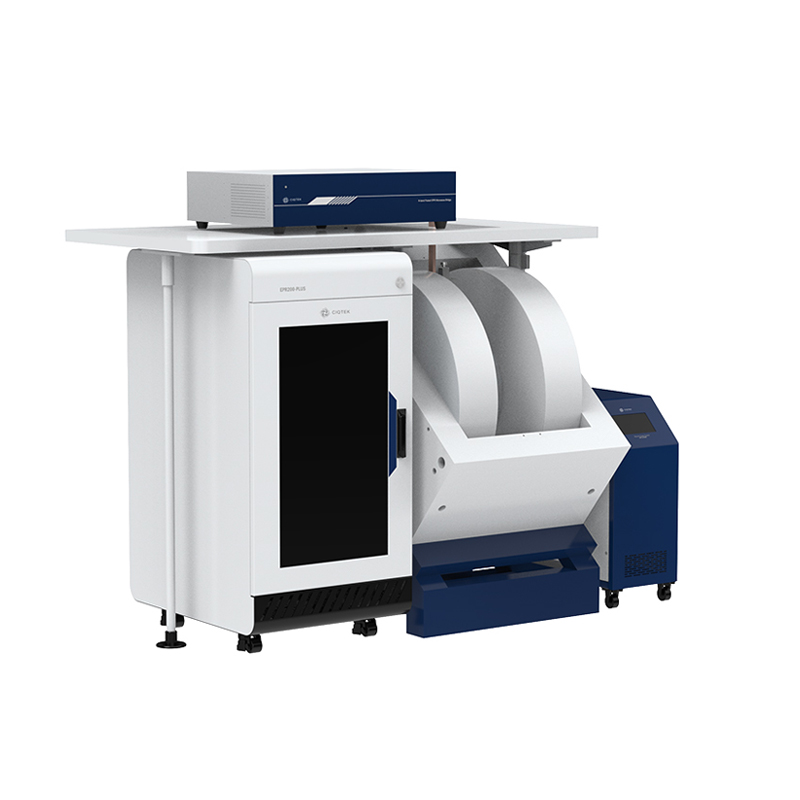Continuous Wave And Pulse EPR Spectroscopy
/ /EPR (Electron Paramagnetic Resonance) Spectroscopy, also known as Electron Spin Resonance (ESR) Spectroscopy, is a technique used to study the electronic structure of paramagnetic species.
There are two main types of EPR spectroscopy: Continuous Wave (CW) EPR spectroscopy and Pulsed EPR spectroscopy.
Continuous wave (CW) EPR Spectroscopy:
In continuous wave EPR spectroscopy, a microwave source continuously emits microwave radiation at a fixed frequency into the sample.
A magnetic field is swept over a range of frequencies and the absorption of the microwave radiation by the sample is measured as a function of the magnetic field strength. This produces an EPR spectrum showing the jumps between energy levels of paramagnetic species.
CW EPR spectroscopy is commonly used to study relatively slow dynamic processes and to examine stable paramagnetic species.
Pulsed EPR Spectroscopy:
Pulsed EPR spectroscopy, also known as pulsed electron-electron double resonance (ELDOR) or electron-electron resonance, utilizes short pulses of electromagnetic radiation. This technique is used to study the dynamics of paramagnetic species and their interactions with their surroundings.
Pulsed EPR spectroscopy provides more detailed information and allows the measurement of relaxation times, distances, and other dynamic parameters. It involves applying microwave pulses, often combined with radio frequency (RF) pulses, to manipulate the electron spin state and measure the resulting signal.
Pulsed EPR techniques include Electron Spin Echo (ESE), Electron Nuclear Dual Resonance (ENDOR), Electron Spin Echo Envelope Modulation (ESEEM), and others.
Pulsed EPR spectroscopy is particularly well suited for the study of transient species, radical reactions, and spin-spin interactions in paramagnetic systems.
Both CW EPR and pulsed EPR spectroscopy have their advantages and applications, depending on the specific research objectives and the properties of the paramagnetic species under study.
CIQTEK offers X-Band Pulse EPR Spectroscopy | EPR100 and X-Band CW-EPR Spectroscopy | EPR200-Plus

